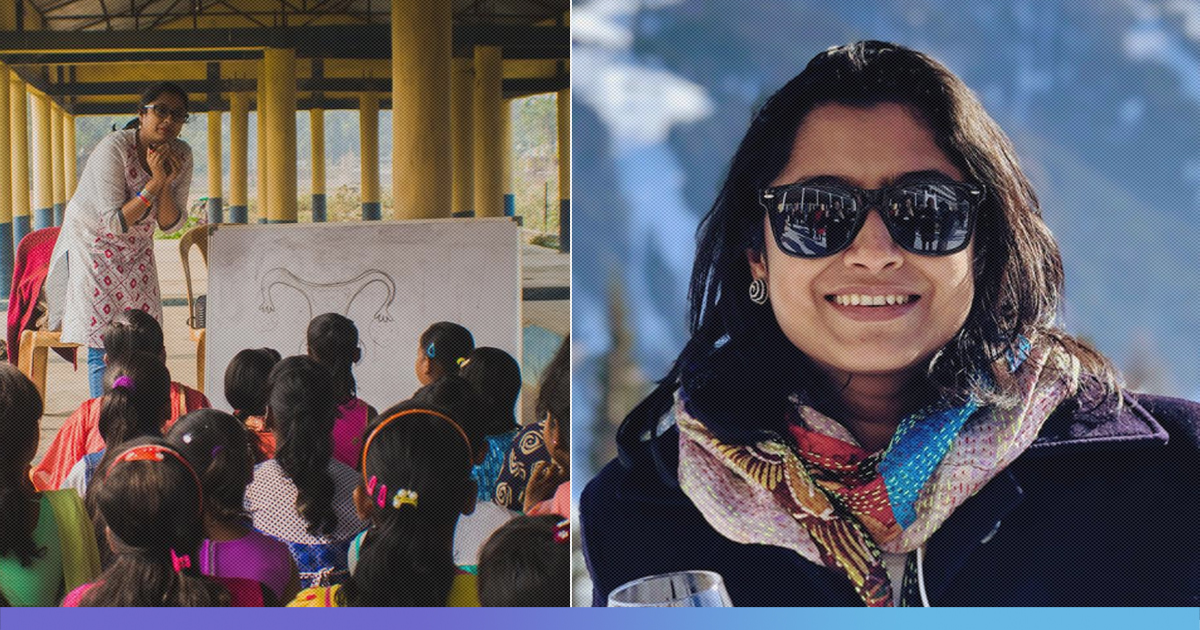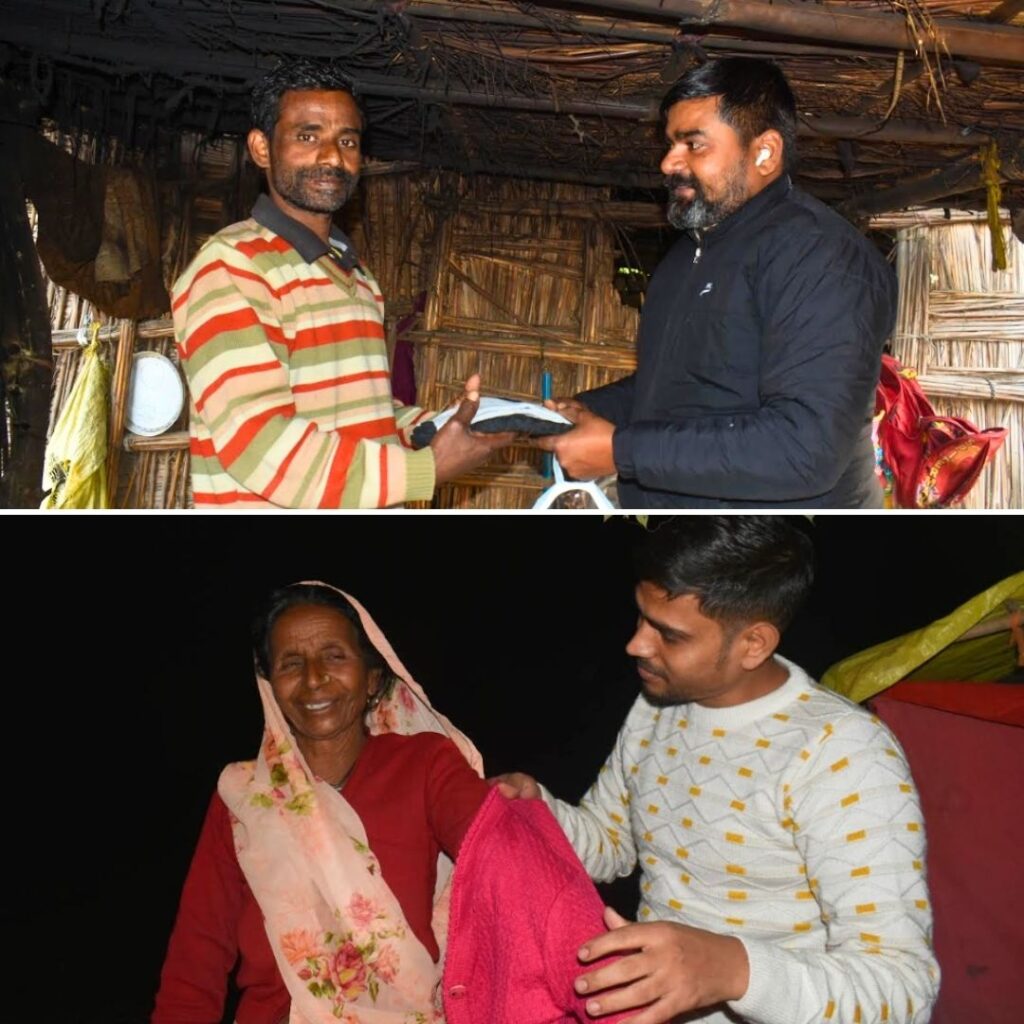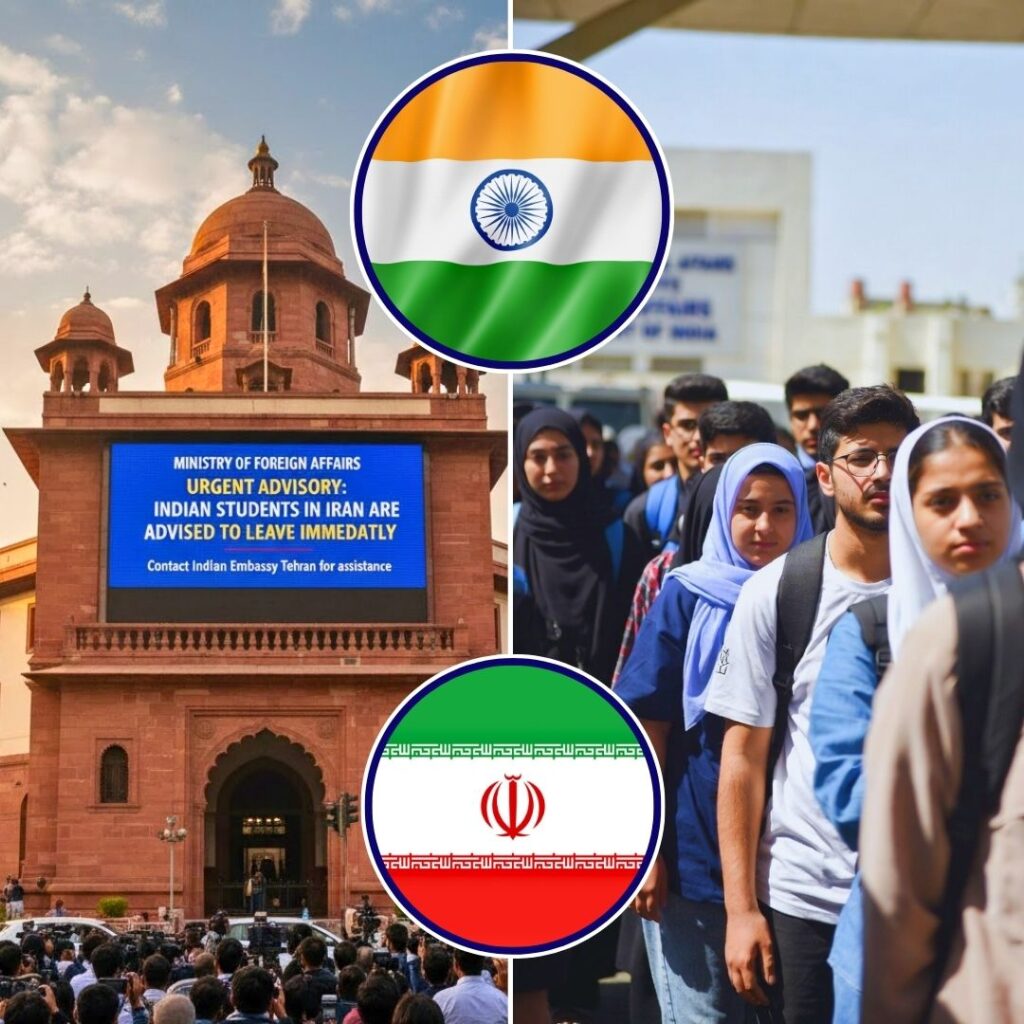World Menstrual Hygiene day which is celebrated on May 28. While the topic of menstruation may be out in the open but the stigma around it remains in the society as a whole. #MenstrualHygieneWeek is a campaign by The Logical Indian to create awareness, ask pertinent questions, get answers and bust myths.
“As soon as the water started entering the house, I rushed out of my home. At that point in time, my concern was saving my life. I reached the shelter home for flood victims and just a day after, I started menstruating. I had no pad, not even a piece of cloth. I looked around and found only men rescuers and disaster management workers, whom I hesitated to approach. I continued to bleed and only when my aunt arrived, I found some respite,” this was an experience narrated by a 15-year-old from a village in Assam which was hit by the floods last year.
“After listening to this girl’s story, I realised that important issues like menstrual hygiene are often overlooked in cases of natural disasters. I then went on and asked other women in the audience if they faced similar issues. A lot of them answered in the affirmative. A woman even said that she rushed back to her dilapidated house to get a piece of cloth since there was no menstrual aid or kit available at the shelter home,” tells Mayuri Bhattacharjee.
Bhattacharjee is an activist, trainer and menstrual educator. Her workshop in a flood-prone village in Assam opened Bhattacharjee’s eyes to the case of critical situation that women are exposed to in shelter homes at disaster-affected areas in Assam. Since then, she has been pushing for “period-friendly” shelter homes. She has also started a campaign with change.org called ‘Dignity in Flood’, which has, by now, over 30,500 signatures.

Dignity in Floods
Bhattacharjee explains that a period friendly shelter home is one where women are provided basic sanitary products and menstrual aides, including pads or clothes and soaps. These shelters are also equipped with separate toilets for women. “Although as per the Assam Disaster Management manual, separate gender-segregated toilets are a requirement in shelter houses, the reality is often different,” she says.


She also points out that since most of the rehabilitation work is carried out by men, it doesn’t occur to them that menstrual hygiene is an important aspect. In the absence of proper sanitary facilities, women are forced to defecate in the open, thereby exposing them to diseases and infection.
Bhattacharjee says, “Women are caught in a dire situation whenever disaster strikes. Not only in villages of Assam but even in urban settings, an example being the Chennai floods.”

She further adds that not just in terms of sanitary facilities and hygiene, but also the safety of women, in general, is a concern in these shelter homes. “Women are vulnerable in disaster-struck places. These shelter homes, more often than not, become a haven for traffickers and abusers. What is required is that social welfare officers pay a visit to such shelter homes to ensure women and children are safe.”

Bhattacharjee, through her campaign, is asking the Government of Assam to build 50 women-friendly flood shelters in the 10 most flood-prone districts in the state. “Once this is successful in Assam, we plan for a bigger, nation-wide campaign for the same,” she says.
The Logical Indian appreciates the initiative taken by Bhattacharjee towards menstrual health in disaster-prone areas.
What does menstruation mean to you? Do you twitch a bit or sit uncomfortably at the mere mention? Want to share your experience? write to us at [email protected], remember to use the hashtag #MenstrualHygieneWeek
Also Read: ‘Broadening Understanding About Menstruation’: Talk Openly To Both Girls & Boys












